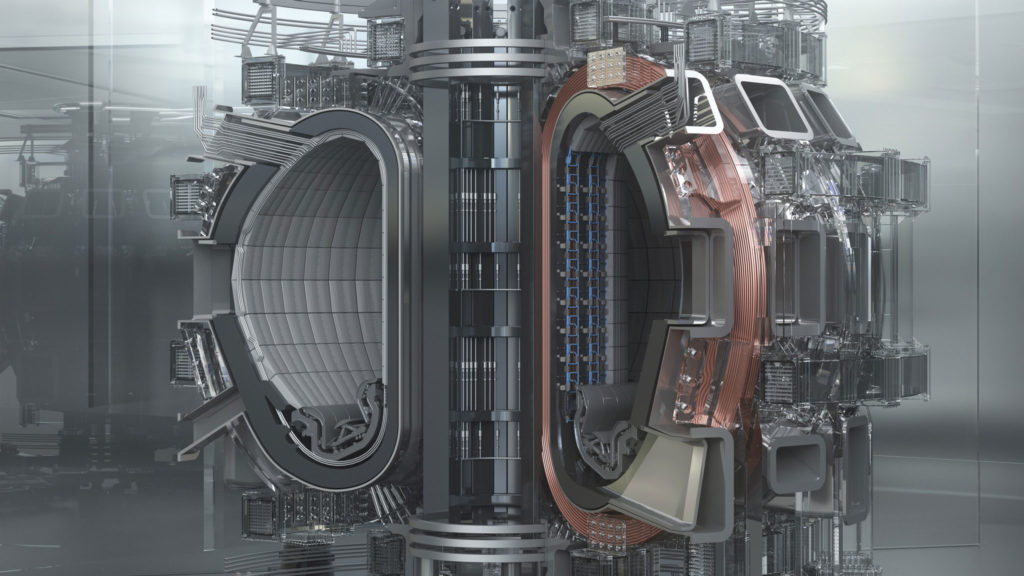Effects of Cu diffusion-doping on structural, optical, and magnetic properties of ZnO nanorod arrays grown by vapor phase transport method. Yílmaz, S; McGlynn, E; Bacaksiz, E; Özcan, Ş; Byrne, D; Henry, M.O; Chellappan, R.K. Journal of Applied Physics 2012
The NCPST investigates plasma based technologies for new and improved energy production and storage.

About the Research Area
With environmental requirements there is a need to reduce carbon emissions and our reliance on fossil fuels. This alongside an increase in worldwide energy demand requires investing in clean sustainable energy solutions. We conduct fundamental research on developing energy related technologies. These include nuclear fusion energy production and sustainable energy storage options. Fusion energy has the potential to provide a sustainable solution to global energy needs and in particular provide a continuous baseload power supply which is sustainable, large-scale and environmentally responsible. The conditions required to induce a self-sustaining fusion reaction are almost unbelievably extreme: A temperature of millions of degrees must be produced. This is very challenging, but it seems to be getting closer to realisation. The NCPST is a member of the EUROfusion consortium and part of a large-scale international scientific experiment that is exploring the ability to produce commercial energy from fusion – ITER.
Alongside new sustainable energy sources, storage and transport solutions are equally important. With increasing employment of renewable energy sources e.g. wind and solar, there is a need for flexible storage solutions to handle discontinuous energy supply. Plasma technologies can be quickly and easily turned on and off and used to convert energy into fuels or chemicals. We research plasma gas conversion concepts e.g. CO_2 conversion into value-added chemicals and renewable fuels. The NCPST is a partner in the ITN PIONEER project on Plasma Catalysis for CO_2 Recycling.

